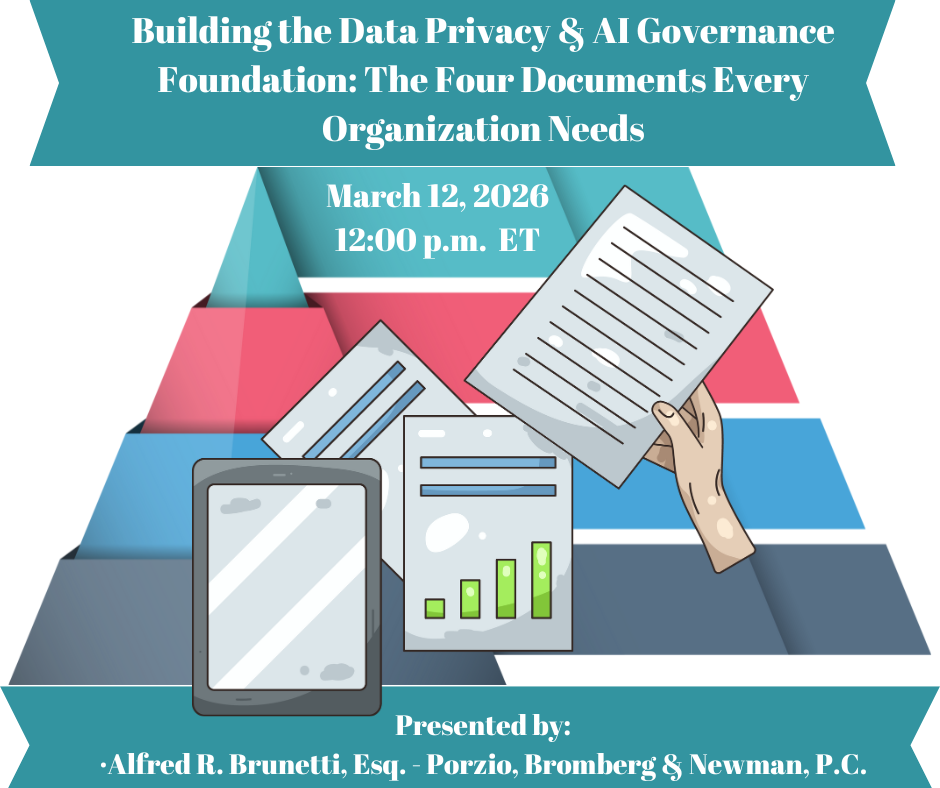
Exciting new series on “Voice, Body and Movement for Lawyers – How to connect with the jury and find Justice Through Dramatic Technique!”
Click here to find out more
The value of diversity has been researched extensively for its impact on various industries, including the healthcare industry. Like other industries, the value of diversity in healthcare includes improved problem-solving, employee recruitment and retention, and profitability. However, there are additional, critical implications in the healthcare industry including improved patient outcomes and population health, reduced healthcare disparities, expanded research protocols, and improved medical education. Over the last several years, diversity, equity, and inclusion have become increasingly prioritized concepts for healthcare researchers and providers alike. Generally, the healthcare industry has realized that in addition to talent and skills required for effective healthcare delivery, diversity, equity, and inclusion also needs to be part of each organization's strategic agenda in order to cater to the diverse needs of various populations. Part of this is an improved awareness of how bias influences behaviors and patient outcomes as well as an acknowledgment that greater diversity among healthcare workers will reduce barriers that patients face when seeking care, such as cultural fluency. But of course, none of this occurs in a vacuum and the healthcare industry operates in a complex milieu of healthcare laws and regulations that nudge certain practices that support a nondiscriminatory, patient-centered approach to care (e.g., Section 1557 of the Affordable Care Act) while other laws and regulations may make it difficult to have a proactive culture around diversity, equity, and inclusion to meet patients' diverse care needs because they have the potential to expose an organization to other kinds of claims of discrimination (e.g., the Church Amendments).
This course will address the challenges that arise from an everchanging legal and regulatory landscape as well as explain what is required here and now to improve diversity, equity, and inclusion in the tripartite missions of patient care, education, and research, as well as pitch best practices on how to achieve diversity, equity, and inclusion in a healthcare organization.

This course provides a strategic roadmap for attorneys to transition from administrative burnout to ...

This program focuses on overcoming the inner critic—the perfectionist, self?doubting voice tha...

Part 2 - This program will continue the discussion from Part 1 focusing specifically on cross?examin...

This program examines critical 2025-2026 developments in patent eligibility for software and AI inve...

This session highlights the legal and compliance implications of divergences between GAAP and IFRS. ...

This ethics program examines common, but often avoidable, professional responsibility mistakes that ...

Effective data privacy and artificial intelligence governance programs do not happen by accident. Th...

The landscape of global finance is undergoing a seismic shift as traditional assets migrate to the b...

Attorneys and law firms are well known vectors for money laundering risk. Banks regularly labe...

The direct examination presentation outlines how attorneys can elicit truthful, credible testimony w...